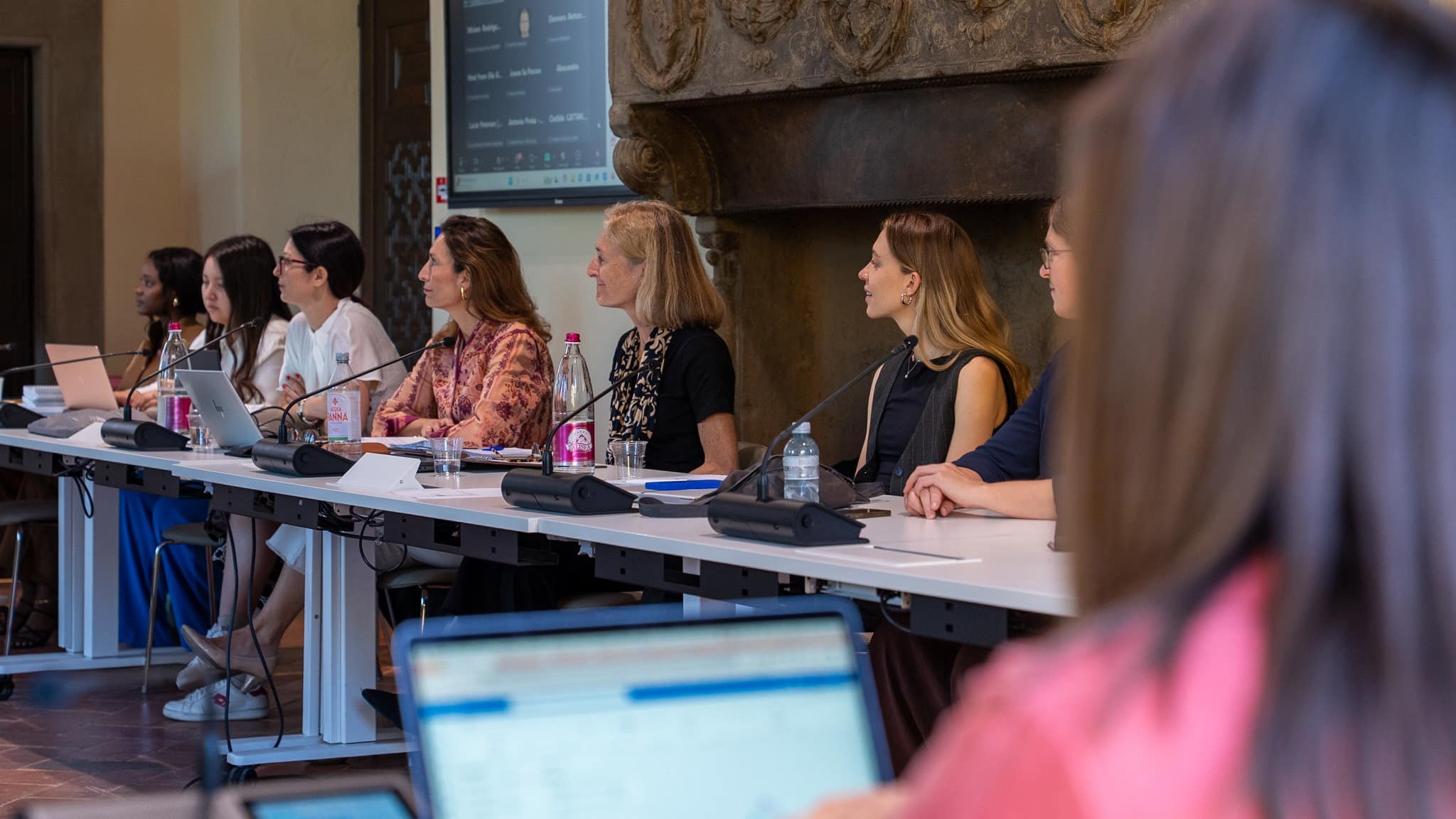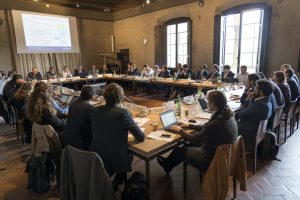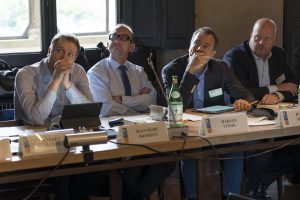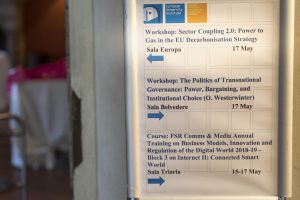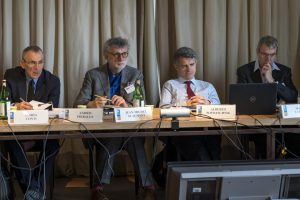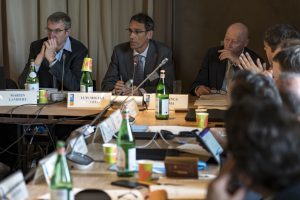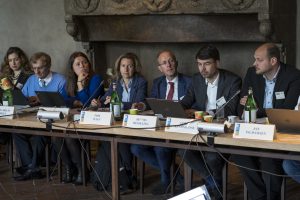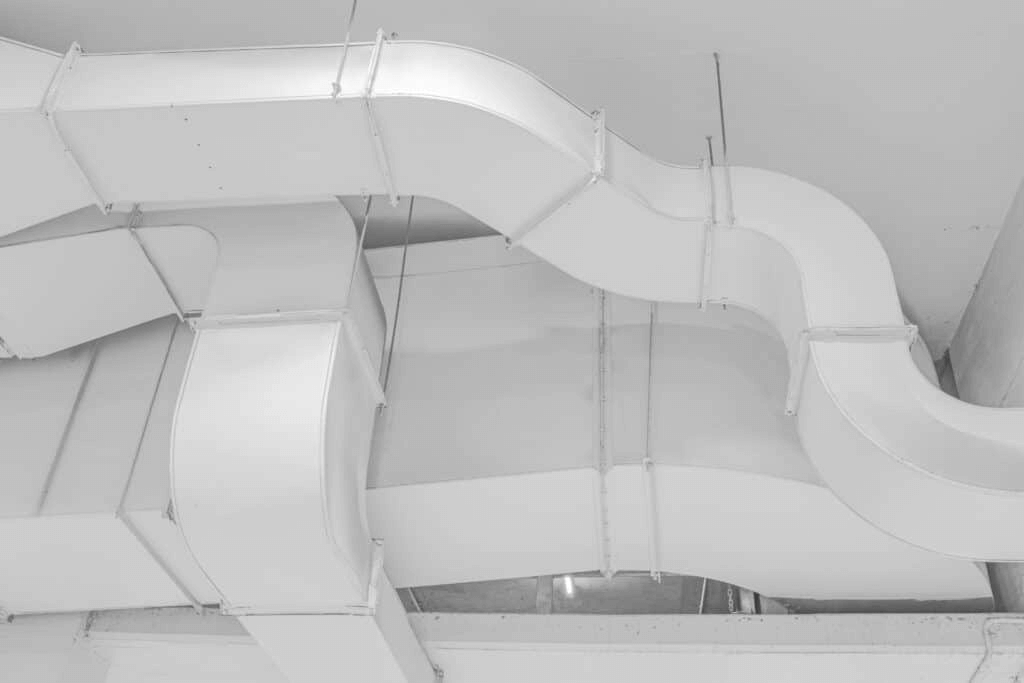Sector Coupling 2.0: Power-to-Gas in the EU decarbonisation strategy
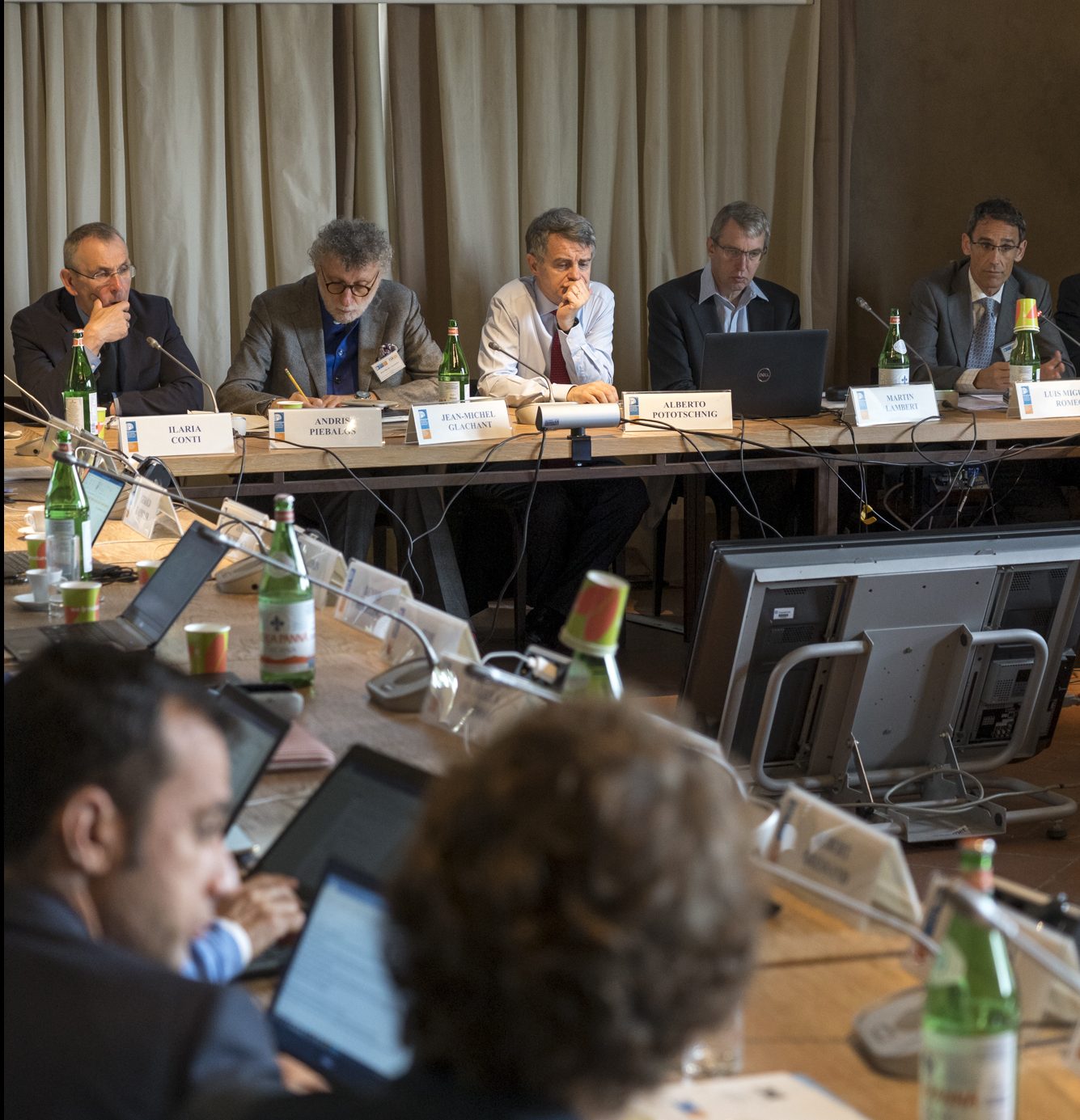
On Friday 17 May 2019, the Florence School of Regulation hosted the regulatory policy workshop: ‘Sector Coupling 2.0: Power-to-Gas in the EU decarbonisation strategy’, directed by Alberto Pototschnig (FSR Part-time Professor and ACER Director – ad interim).
It was the second FSR workshop devoted to the topic of sector coupling. During the first one, which took place in the fall, the participants focused on defining ‘sector coupling’ and ‘sector integration’ and mapping the key challenges to their practical implementation in the EU energy environment.
This time, however, the focus was placed on technological and regulatory aspects related to Power-to-Gas (PtG). The technology is considered to be a key enabler of sector coupling as it allows to produce hydrogen and renewable methane from electricity.
During the first session, the participants investigated the available Power-to-Gas technologies, their scale-up potential, and future economic viability. The participants were also introduced to early-stage PtG projects across Europe. Even though robust business cases based on PtG are yet to emerge, the abovementioned projects show that PtG is a mature technology. However, for it to scale-up, further policy and regulatory interventions are required.
The potential policy and regulatory interventions needed to incentivise the investment in PtG facilities and possible market design implications were discussed in further detail in the second session of our workshop. One of the most frequently asked questions was related to the relationship between ownership and operation of PtG facilities. Would the TSOs lose their neutrality if they were allowed to operate it? Does the urgency of decarbonisation justify the changes to a regulatory framework aimed at loosening unbundling rules? Are renewable gas targets necessary to scale up the PtG technology?
Four main takeaways emerged from the discussions:
- Due to the rising share of variable renewable energy and the increasing demand for greater temporal and geographical flexibility, it seems that sector coupling is necessary to transform the EU into a carbon-neutral economy by 2050.
- The experience gathered with demonstration projects shows that PtG is a mature technology enabling closer integration between power and end-use sectors. Yet, it is not economically viable due to the several factors such as high technology cost and energy losses; slow progress in scale-up; unfavourable taxation schemes; the lack of regulatory and legal framework governing the ownership and operation of PtG facilities, the harmonised gas quality standards and the taxonomy.
- PtG is not the only pathway to achieve carbon neutrality. Other options such as biogas/biomethane, bio-SNG via gasification, and methane reforming with CCS could bring similar results. All the identified pathways bring with them some challenges, e.g. the availability of organic feedstock for biogas/biomethane production, high technology costs.
- Any changes to the existing regulatory framework should be technology-neutral and should enable the market participants and investors to decide which technology could bring the greatest value for the end-users at the lowest cost.
Don’t miss any update on this topic
Sign up for free and access the latest publications and insights



